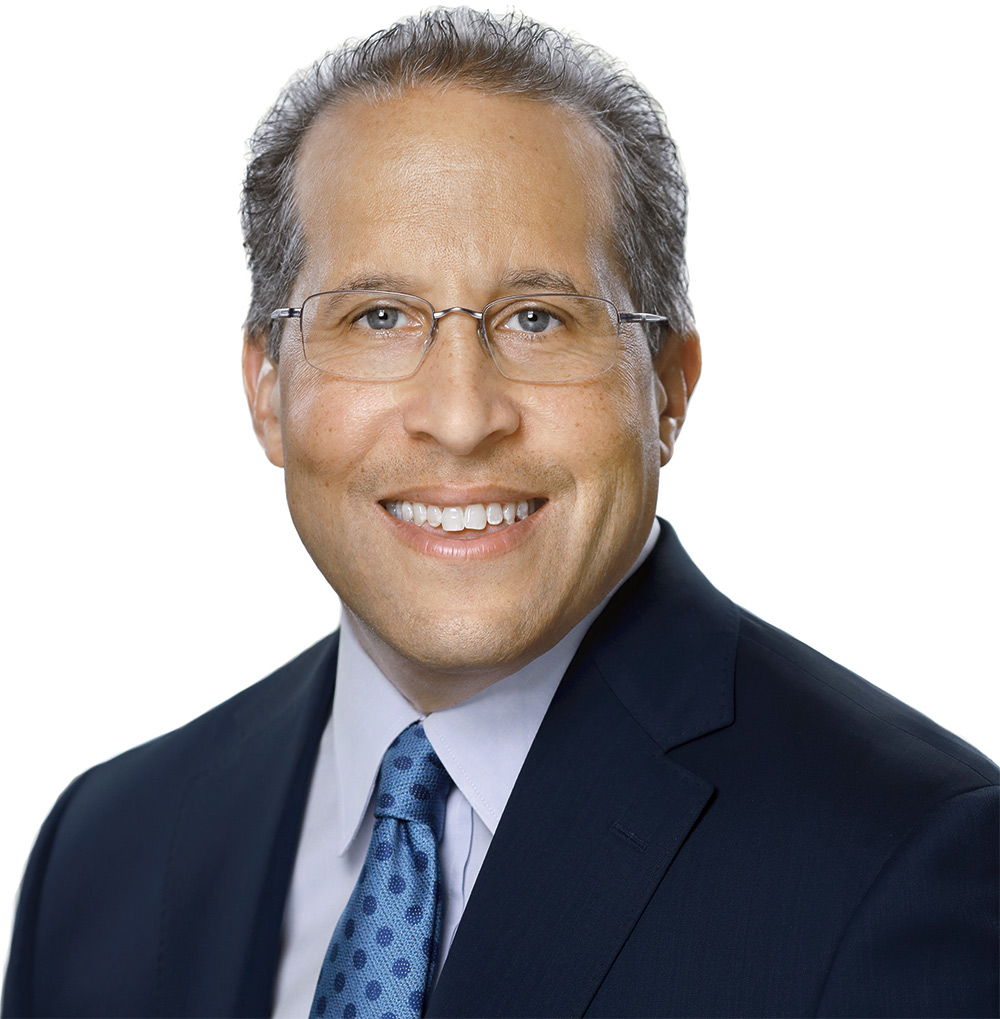Through these two foundational experiences I found my “voice” in the Bucknell community and earned the moniker “Easy Ed,” for my laid-back demeanor and a proclivity for persuasion over confrontation. These roles also served as catalysts for building my confidence and nurturing deep personal relationships across a wide spectrum of students, faculty, staff, administrators, trustees, alumni and parents. Whether the people I met during this critical juncture remained in my life for several decades or only intersected briefly, these bonds have influenced who I am and how I experience others.

They were called speakeasies because guests needed to whisper or speak “easy” to gain entrance and were invited back only if deemed discreet and trustworthy. The authorities simply turned a blind eye so long as “good people” were patronizing these places and their activities did not draw undue attention.
As a Black man who is frequently mistaken for white, I have lived in two worlds, often simultaneously. I know too many people, including some longtime friends, who are hard-pressed to heed their own better angels and call out or publicly separate themselves from the ill-informed or narrow views of others. Staying in fellowship with them while maintaining my own emotional equilibrium is an exhausting exercise to balance feelings ranging from happiness to betrayal.
Another ongoing struggle is reconciling how others view me, as a consummate, nonthreatening insider who sometimes occupies the most prominent seat at the table, with my personal identity as a perpetual outsider. Sometimes, my insider status and relationships have allowed me to influence wonderful outcomes for diversity and greater understanding, but these “successes” don’t make the struggle easier.

Ed Robinson ’86, a sales/business development professional, majored in English and was the first recipient of the University’s Young Alumni Award. He has been a Bucknell trustee, member of the Bucknell University Alumni Association board and the founding chairperson of the Black Alumni Association.